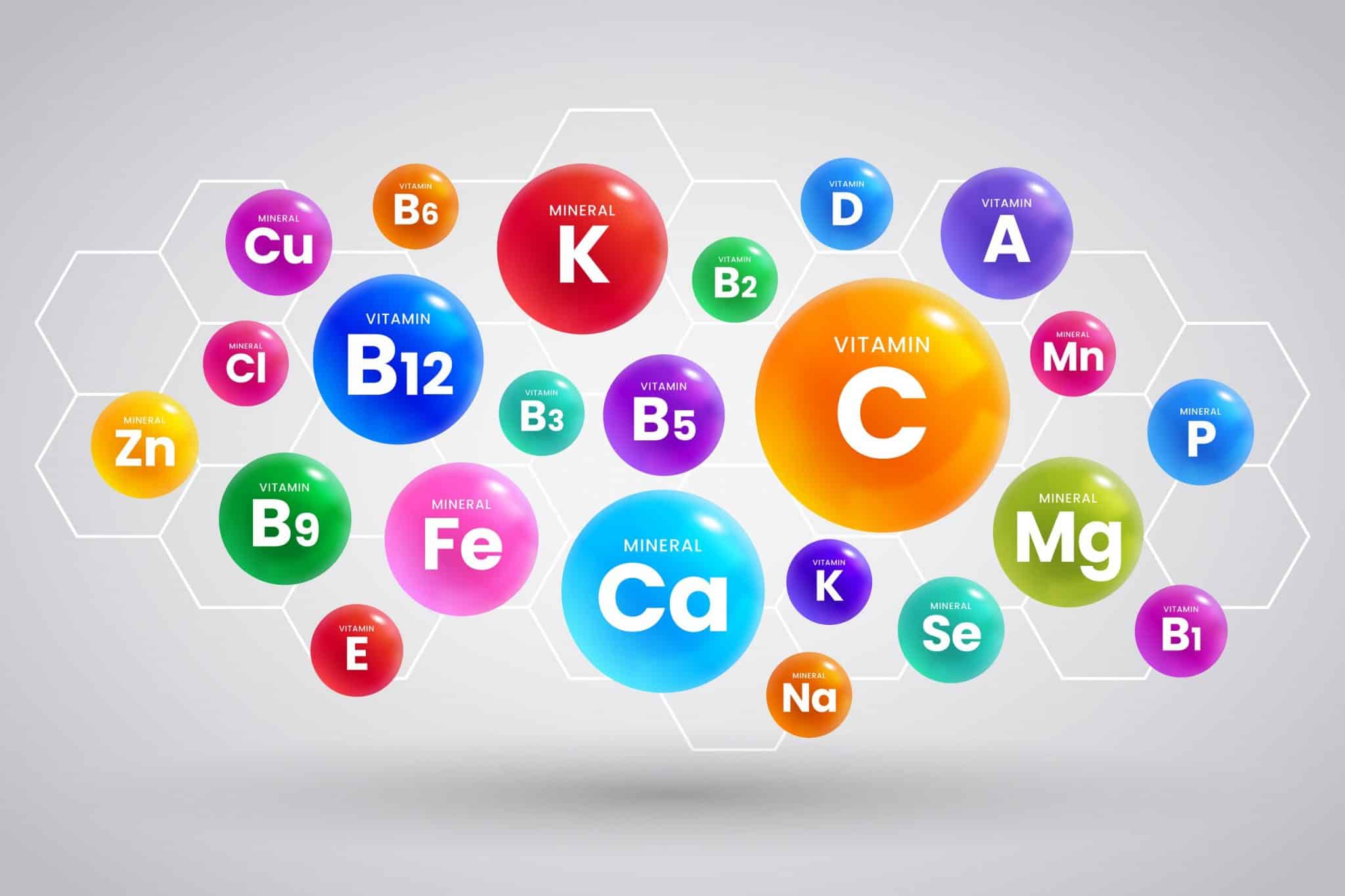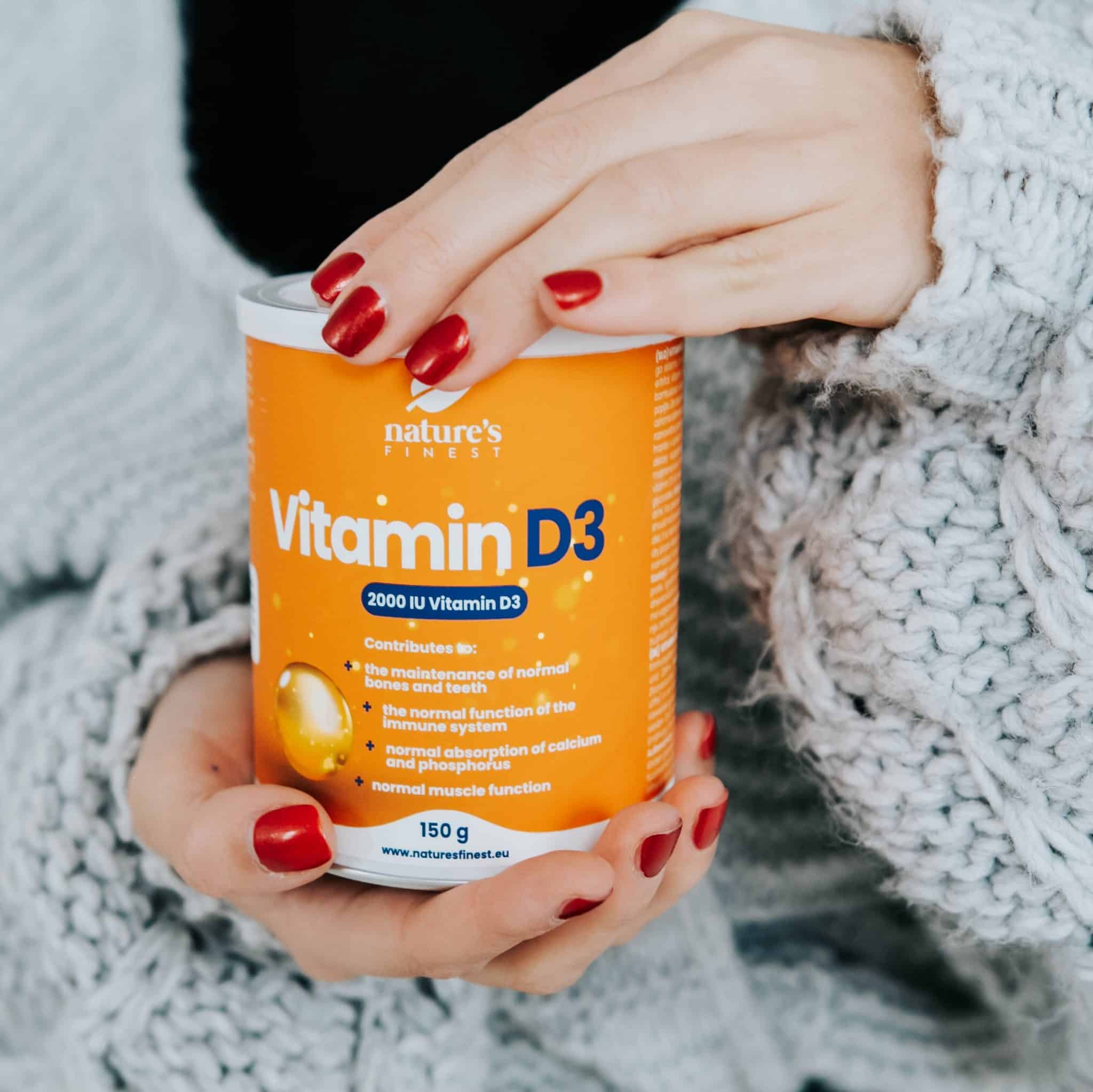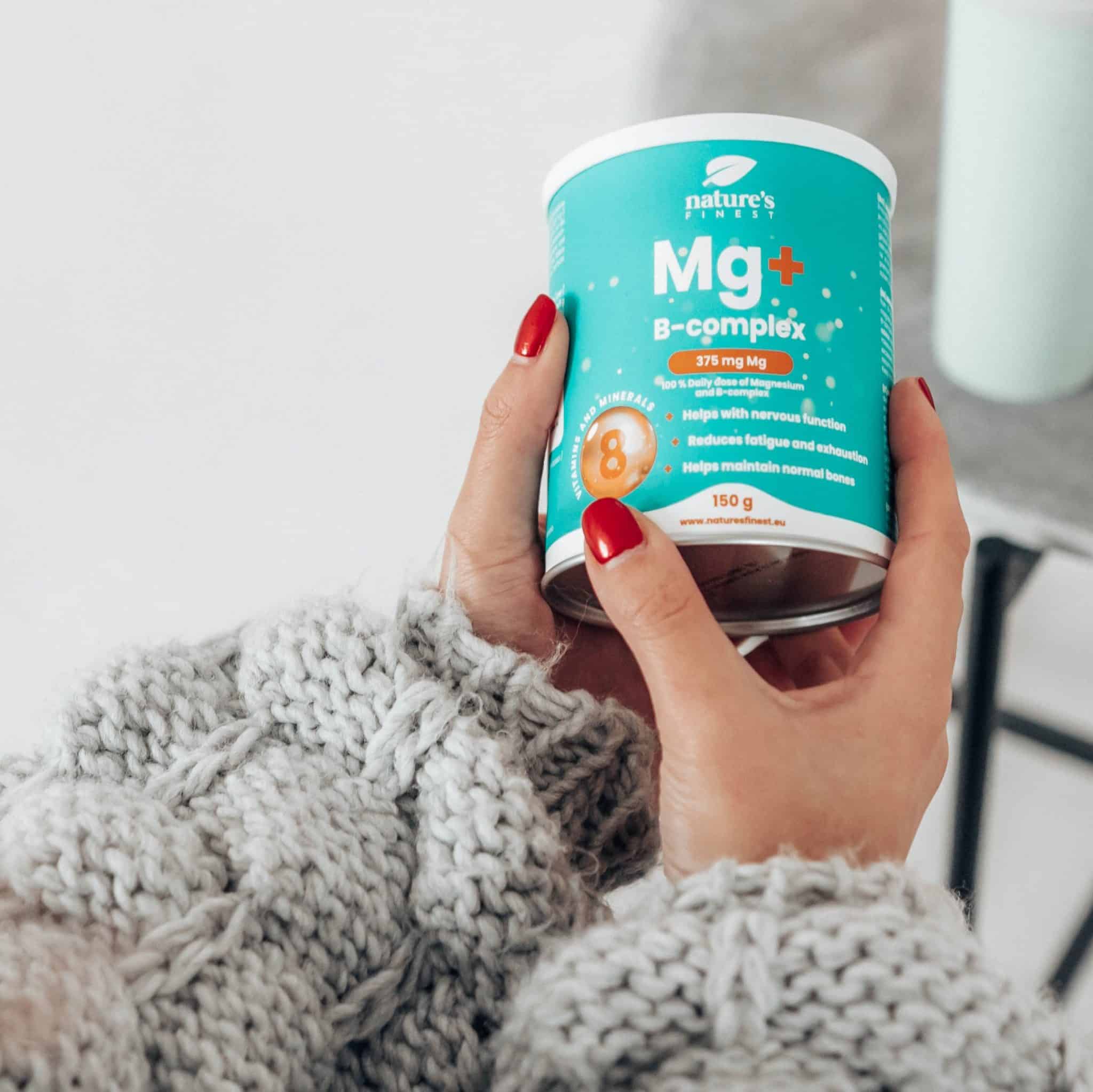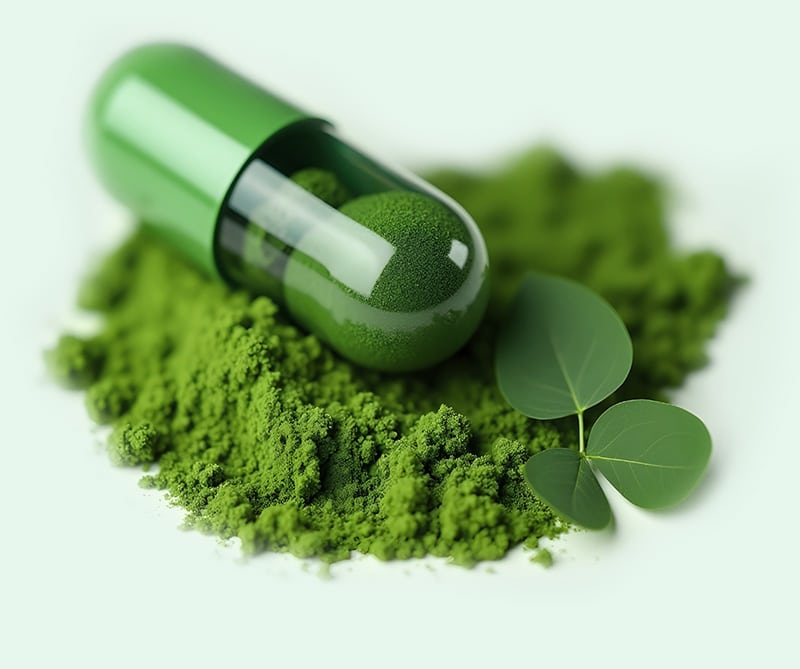Deficiency of vitamins and minerals in our daily lives
Deficiency of vitamins and minerals in our daily lives
We often feel that we lack energy, drive, and enthusiasm. We feel tired and start to wonder why our body is no longer functioning at full steam.
Where did all our energy go?
In most cases, the solution is very simple, as we are most likely to be deficient in vitamins and minerals in our body. Vitamins and minerals are the ones that take care of our well-being and the proper functioning of our bodies.
What role do vitamins play?
Vitamins are many substances that participate in body processes in the form of cofactors in various enzymatic reactions. They are involved in supporting the immune system, regenerating our skin, helping the brain to function and performing many other functions.
Most of the vitamins our body cannot produce on its own, so it is very important to consume them with a variety of foods. We must also mention that we are all different individuals and consequently we also need different vitamins. Therefore, individuals at different ages need to add different vitamins, as well as athletes, pregnant women, children, smokers, patients…

Vitamins are divided into two categories. Those that are insoluble in water and soluble in fats – these are A, D, E, K. These can accumulate in the body and as a result, excessive amounts can lead to poisoning. Then there are water-soluble vitamins – vitamins B and C. The possibility of accumulation of vitamins B and C is much lower, as they are excreted in the urine. Therefore, there is also a lack of vitamins B and C, which are excreted on an ongoing basis, rather than a lack of vitamins A, D, E and K, which are stored in our body.
What vitamins do we know, where do we find them and what do they contribute to?
Water-soluble vitamins B and C.
B vitamins or B-complex consist of vitamin B1, vitamin B2, niacin or Vitamin B3, pantothenic acid or vitamin B5, vitamin B6, biotin or vitamin B7, folate or vitamin B9 and vitamin B12.
The B-complex is a group of B vitamins that take care of our mood, well-being and proper mental functioning. They are very important for our nervous system.
Vitamin C is an important antioxidant for bone and connective tissue growth, helping to heal wounds and the proper functioning of blood vessels. Protects cells from ageing, helps prevent oxidative damage by UV rays, is necessary for the normal functioning of bones, teeth, cartilage, gums, skin and blood vessels. It is found in citrus fruits, potatoes, peppers, tomatoes, cabbage.

Fat-soluble vitamins
Vitamin D is important for the absorption of calcium and phosphorus in the gastrointestinal tract, helping repair and mineralize bones. The primary role of vitamin D is to maintain homeostasis and a constant concentration of calcium and phosphate in the plasma because it accelerates their absorption from the digestive tract and is therefore important for maintaining healthy bones and teeth. It accelerates the absorption of magnesium from the digestive tract, thus contributing to normal muscle function. It also contributes to the normal functioning of the immune system.
Vitamin D is called the sun vitamin because our skin produces it when it is in contact with sunlight. It is found in enriched milk and brewer’s yeast (D2), fish protein, egg yolk, and it is also formed when exposed to sunlight (D3). Vitamin D3 is especially important as it is crucial in times of flu and colds.
Vitamin A is important for eyesight, healthy skin, protects against infections and forms the epithelium. It is found in fish oil, egg yolk, butter, cream, dark green leafy vegetables, yellow vegetables and fruits.
Vitamin E is a very important antioxidant. It is found in legumes, margarine, egg yolk, leafy vegetables.
Vitamin K is important for the formation of blood clotting factors. It is found in pork, vegetable oil, leafy vegetables.
[blogproduct]
Each of the vitamins has a special function in our body, so it is very important that we do not lack them. Since some are difficult to obtain entirely from the diet, we need to be even more careful to add them as needed. Nature’s Finest vitamins cover everything you need for more energy and proper functioning of the body.
What are minerals?
Minerals are just as important for the proper functioning of the body as vitamins. They are inorganic substances and are divided into microelements (manganese, flour, selenium, iron, iodine, copper, cobalt, zinc, chromium) and macroelements (calcium, potassium, magnesium, sodium, chlorine, phosphorus and sulfur). Mineral deficiency is much smaller than a vitamin deficiency, but it is still recommended for pregnant women, breastfeeding, diseases. Most minerals are ingested with food, and they are excreted in faeces, urine and sweat.
What minerals are important for our immune system?
- Magnesium
Deficiency causes insomnia, anxiety and muscle cramps. Magnesium nitrate allows for better absorption and bioavailability of magnesium ions. It is important for the functioning of muscles and nerves, including the heart muscle.

- Iron
Deficiency can lead to anaemia, anxiety, thyroid problems, or a weakened immune system. Iron contributes to the normal formation of red blood cells, haemoglobin and oxygen transport throughout the body. It also helps with energy metabolism, the immune system and cell division.
- Zinc
It contributes to the normal function of the immune system and DNA synthesis, cell division, helps protect cells from oxidative damage, helps maintain normal bones and other cognitive functions.
- Selenium
It helps protect cells from oxidative damage, the normal functioning of the immune system and thyroid function.
- Calcium
Calcium lactate and calcium citrate contribute to maximum absorption. Calcium is very important for maintaining strong bones and teeth.
- Potassium
Deficiency causes bone fragility, heart disease, and muscle weakness. Deficiency also causes bloating, puffiness, water retention, thyroid and adrenal gland problems.
- Iodine
Deficiency causes poor thyroid function, is the cause of indigestion, metabolic disorders and obesity.
- Sulfur
Deficiency is the cause of poor metabolism.
- Biotin
It most commonly manifests itself in irritability, skin problems, hair loss, fatigue, and insomnia.
- Sodium
Sodium deficiency causes nausea, headaches, cardiovascular disease, muscle disorders …
In order to be able to do chores every day, have enough concentration, energy and not get sick, a sufficient intake of minerals is very important. Each mineral has its own function and affects our body. It is important to take care of a varied and healthy diet, get enough exercise and, if necessary, add basic bodybuilding blocks – vitamins and minerals.
Meta Bizjak, Master of Nutrition Engineering on Vitamins and Minerals
Meta Bizjak
MSC FOOD SCIENCE
“Vitamins and minerals are one of the basic building blocks of our body that help with
normal functioning. Because our rhythm of life is getting faster and harder and they are very
difficult to consume with diet, it is very important to pay attention to our
intake of vitamins and minerals and add them if necessary. Nature’s Finest products cover
everything our body needs, so I definitely recommend them! ”

